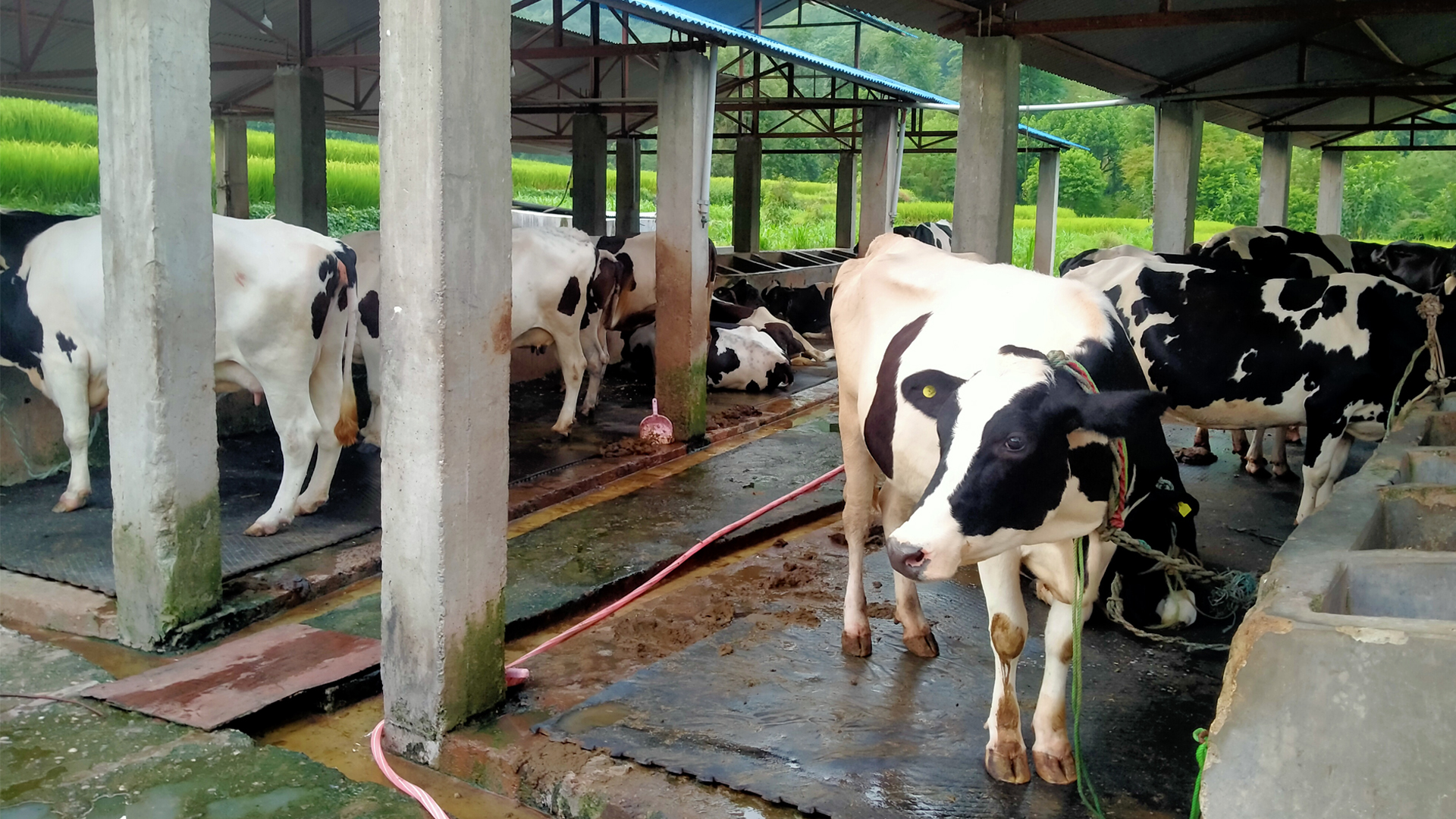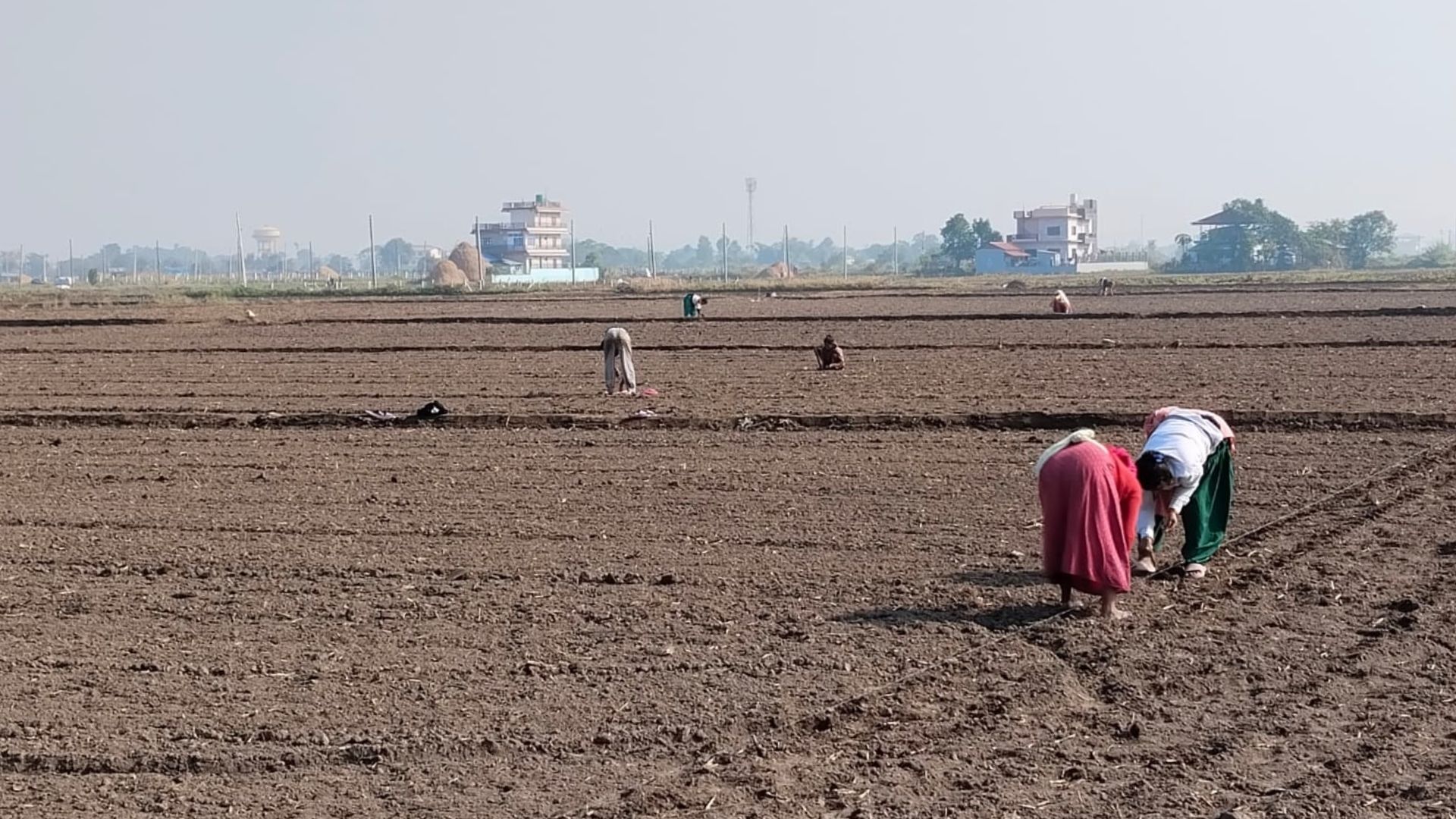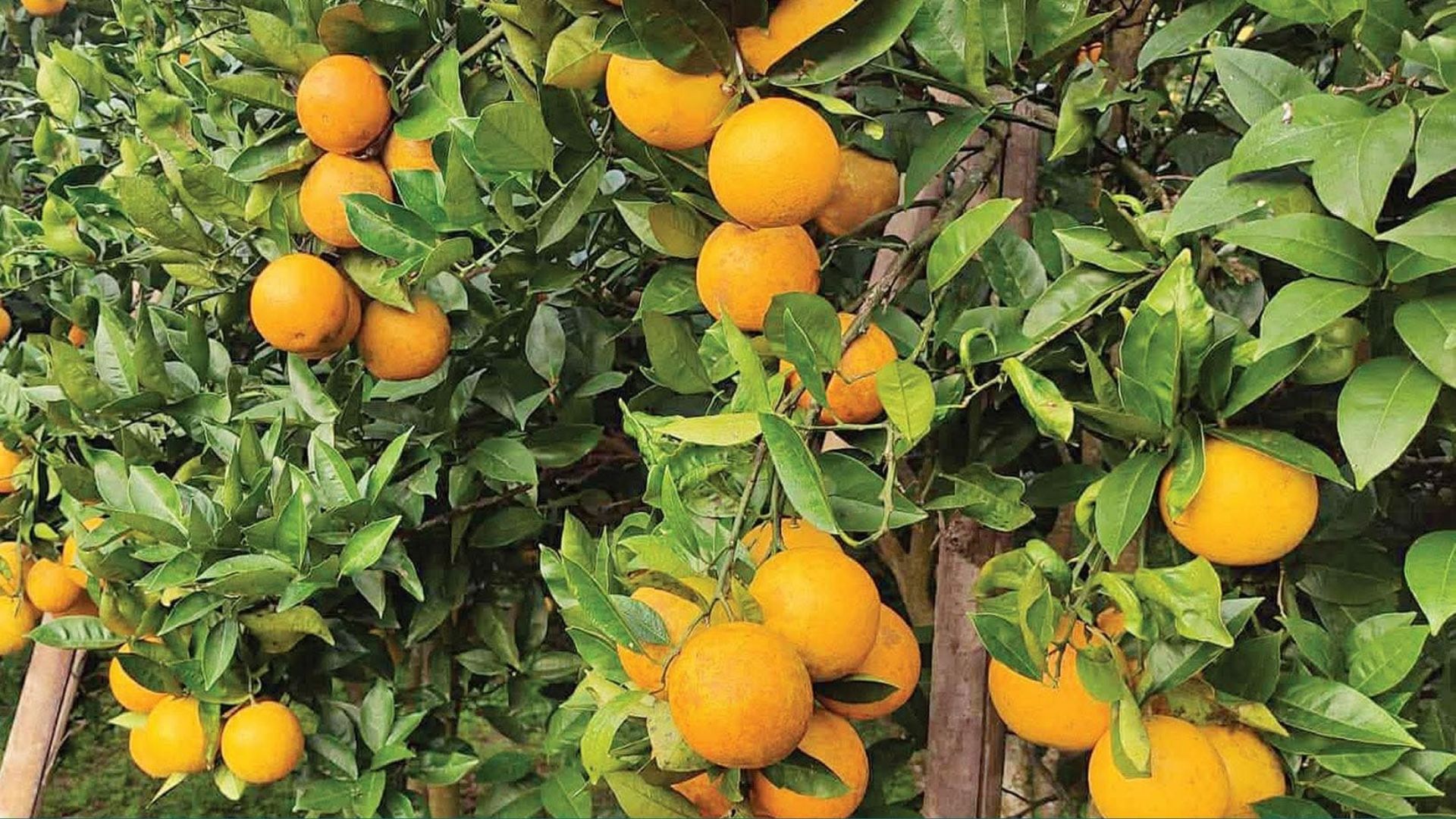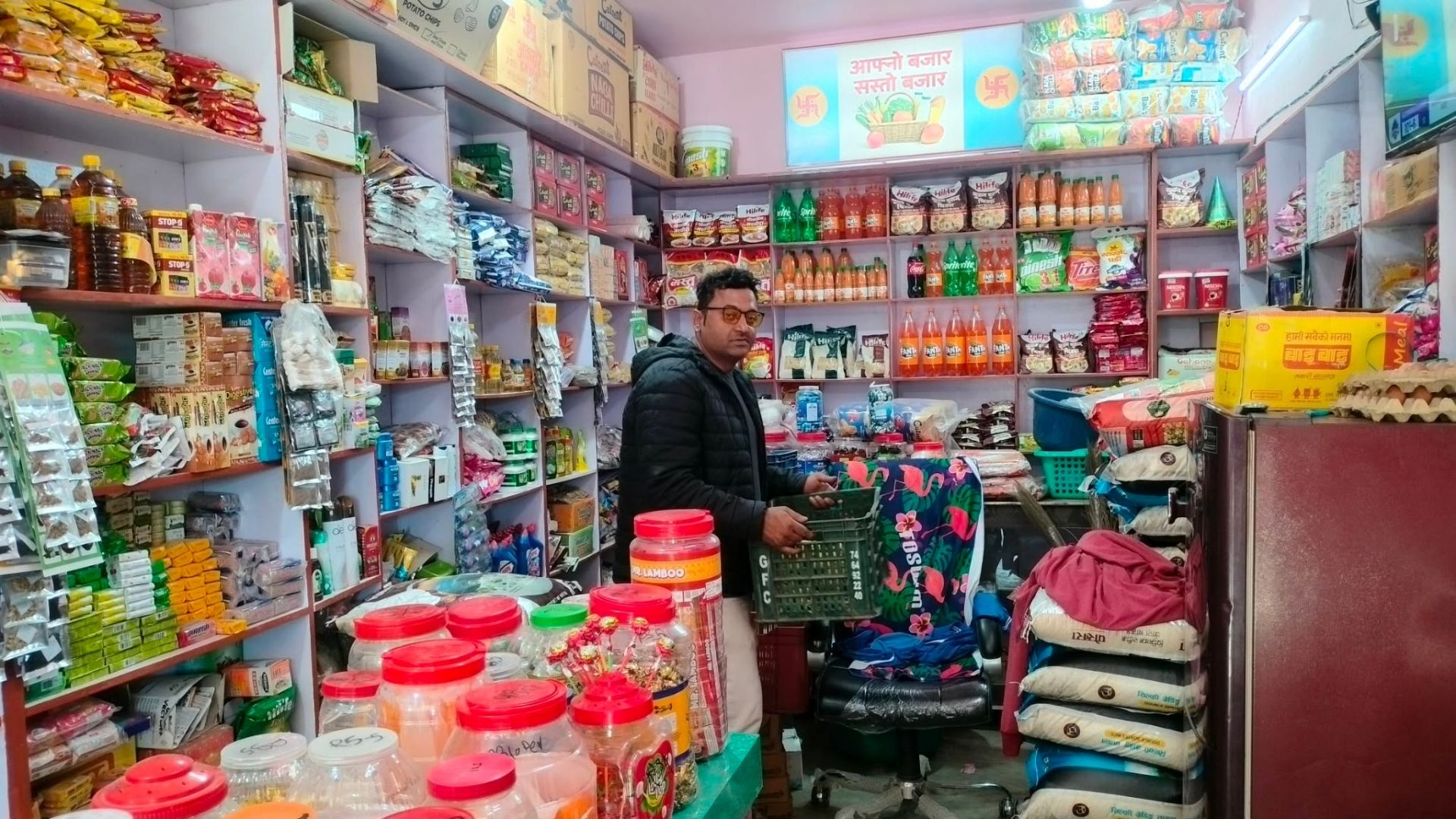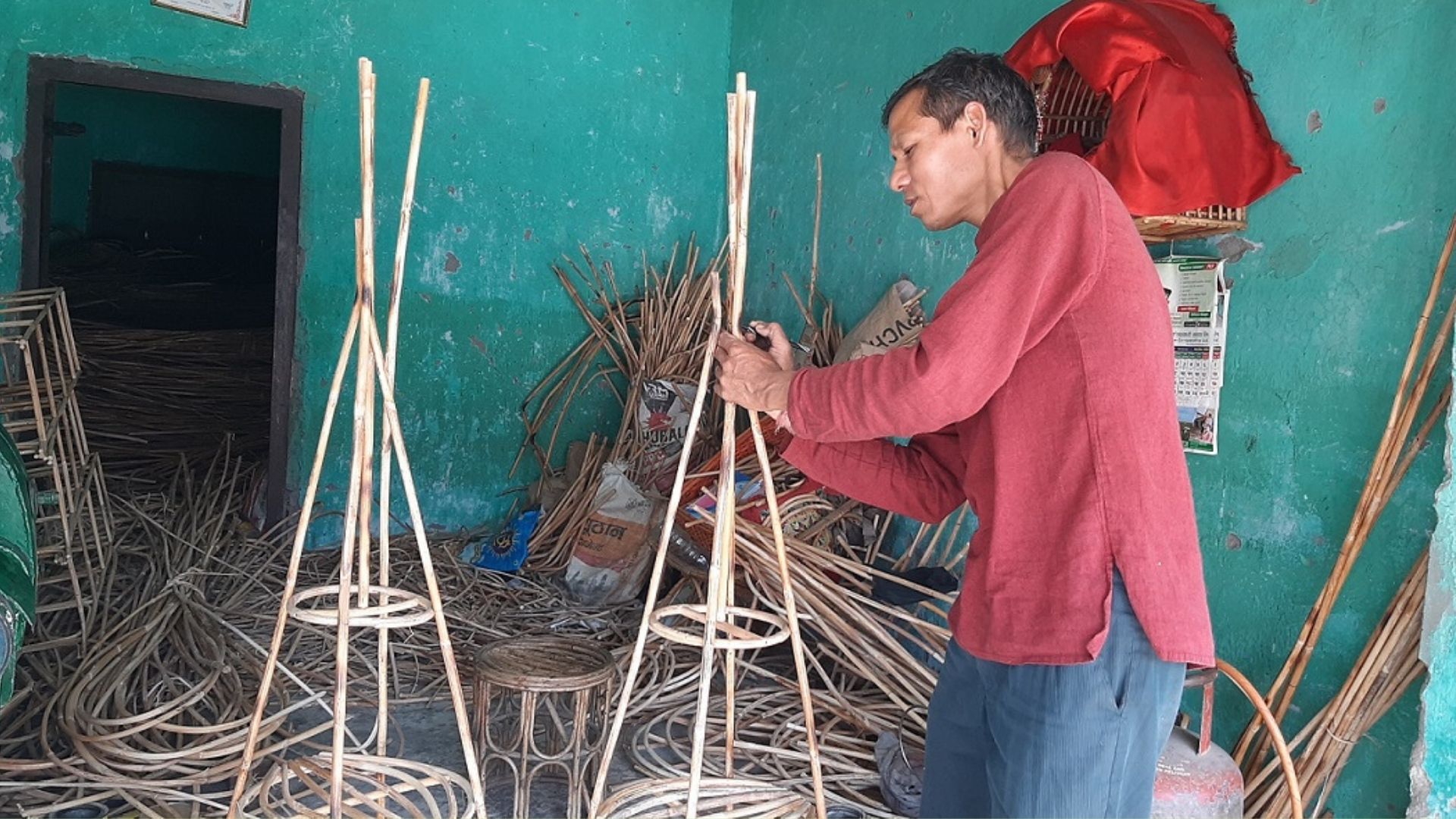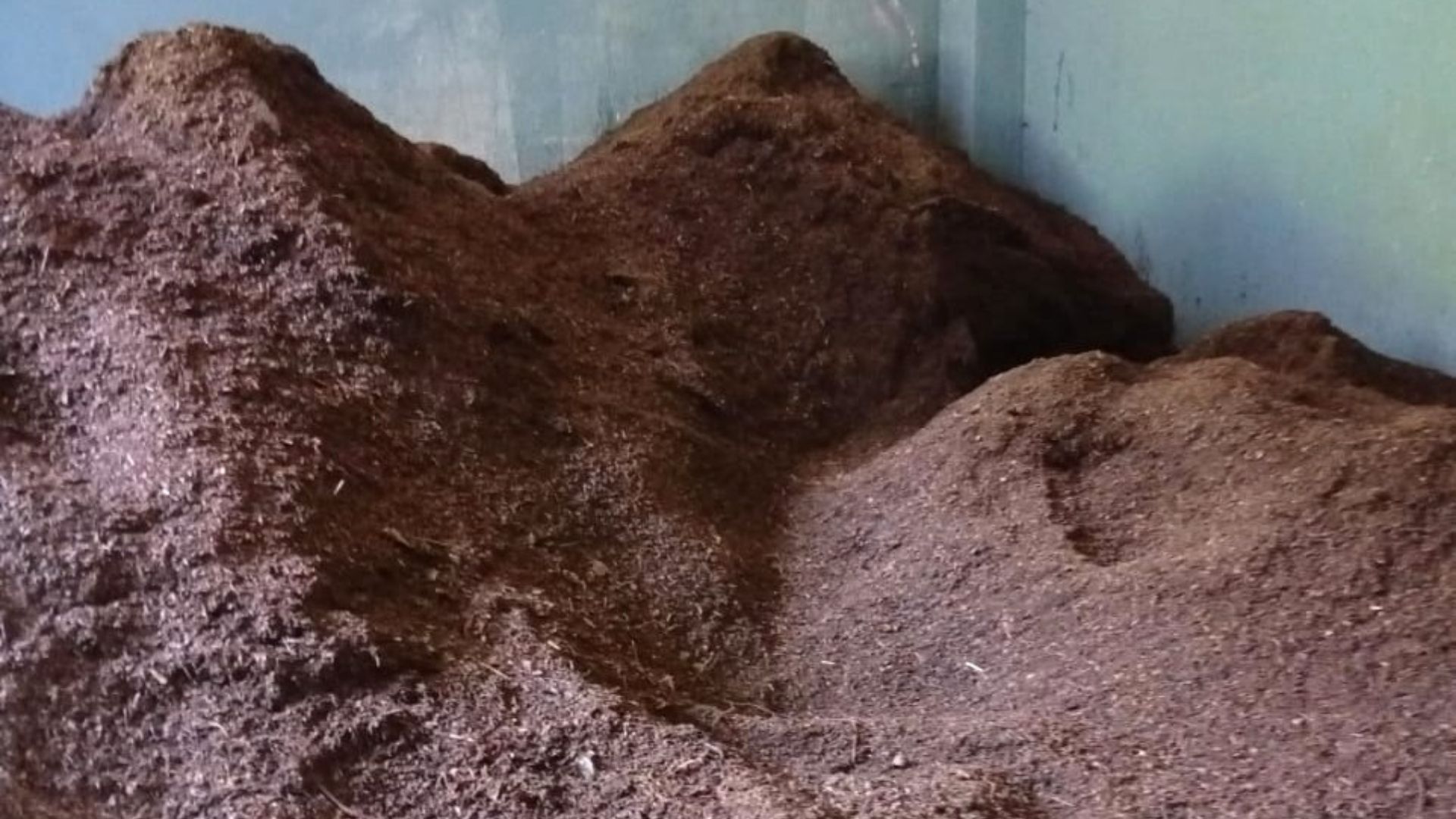Ishwar Basnyat, a dairy farmer from Malung, Galyang Municipality–1, has been reinvesting the earnings from his farm every year and plans to continue investing for a few more years to further grow his business.
Basnyat has been engaged in commercial dairy farming for the past six years. He established the Bindabasini Agriculture and Livestock Farm six years ago with an initial investment of NRs 5 million (approximately USD 38,000), marking the beginning of his journey into the dairy business.
Starting with 20 cattle — a mix of buffaloes and Holstein cows — and some basic infrastructure, Basnyat has gradually expanded the farm year by year. “I started with 20 buffaloes and Holstein cows, and have steadily expanded the business over time,” he shared. “Today, the farm houses 44 cattle, with total investments reaching around NRs 15 million.”
The earnings generated from the farm are continuously reinvested into its expansion. Of the 44 cattle currently at the farm, 27 are milking cows, while the rest are pregnant or dry. The farm is operated on his own land, and to meet the growing feed demand, Basnyat has leased around 100 ropani (roughly 5 hectares) of land to cultivate fodder such as Napier, Jai (barley), and Berseem grass.
“Currently, the farm produces and sells between 250 to 300 liters of milk daily,” he said, adding, “Milk is sold at rates ranging from NRs 65 to NRs 70 per liter.” The milk is sold to a local small farmers’ agricultural cooperative in Galyang, which has provided a stable and reliable market.
The Galyang Municipality also provides an additional subsidy of NRs 15 per liter for the milk sold through the cooperative, ensuring that farmers like Basnyat receive a fair and encouraging price. “No matter how much milk we produce, there is never a market problem. The cooperative handles sales efficiently, and the municipal subsidy adds further motivation,” he added.
Currently, eight individuals are employed directly at the farm. Basnyat plans to further expand the farm’s capacity by increasing the number of cattle and developing better infrastructure.
“After spending some time working abroad, I returned home and saw potential in the dairy business. As I got involved, I learned a lot through hands-on experience. It has turned out to be a promising venture,” he said.
Despite having electrical lines reaching the farm, Basnyat pointed out that insufficient power supply remains a challenge. “Although we’ve installed a milking machine, we’re still milking by hand due to the lack of adequate electricity to operate the equipment,” he noted.


